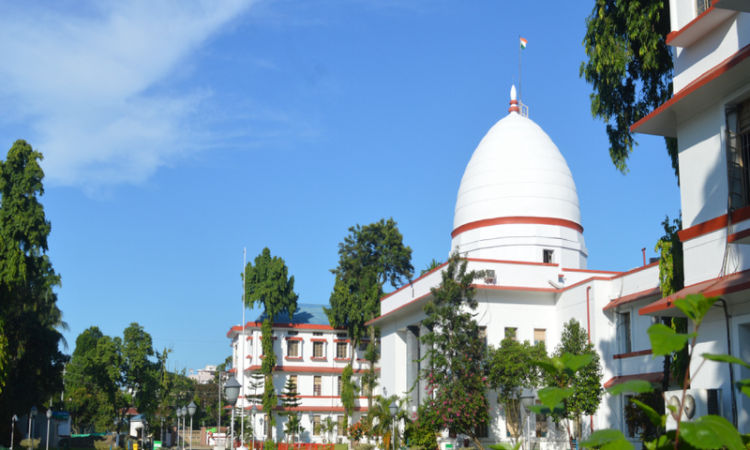The Gauhati High Court recently set aside the conviction in a 2014 POCSO case where a maternal uncle of the victim was accused of penetrative sexual assault. The trial court in December 2018 had sentenced the convict to imprisonment of seven years.Justice Malasri Nandi said the mother of the victim lodged the FIR and deposed before the court, on information allegedly given by the victim girl...

